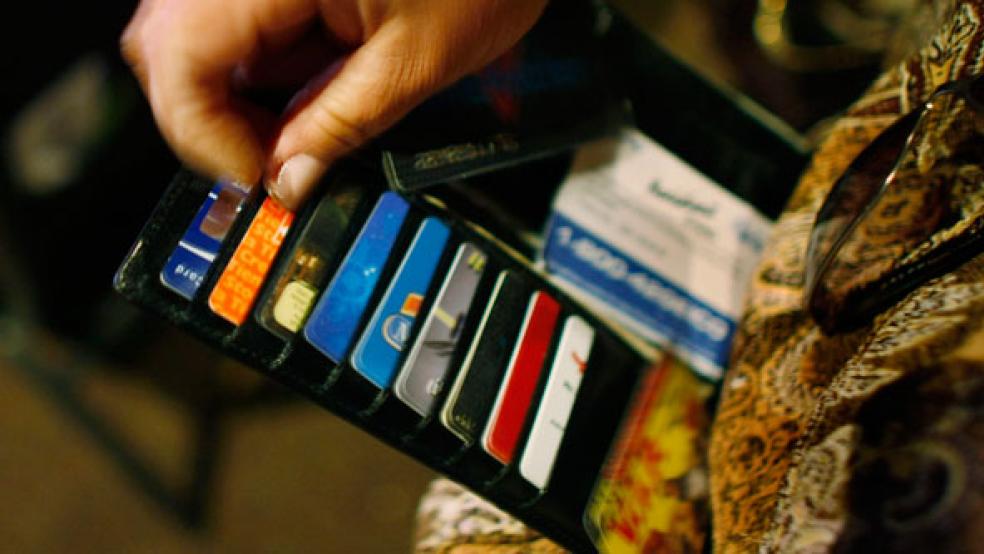This month, parents are sending their children off to college with extra-long twin sheets and boxes full of millennial merchandise. They’ll warn their kids about the perils of binge drinking and encourage them to take their courses seriously. But there’s one conversation they need to have: how to use credit cards responsibly.
Credit cards are convenient when buying books and necessities, when traveling, and in case of emergencies. Although 63 percent of millennials (ages 18 to 29) don’t have a credit card, college students and credit cards do not have to be a ruinous combination. So long as your son or daughter remembers that a brand new wardrobe or a spring break getaway is not an urgent need, credit cards can be a valuable teaching tool on how to manage personal finances.
Related: What to Know Before Your Teen Gets a Credit Card
CardHub has rounded up the best credit cards for college students, looking at factors such as rewards, no or low annual fees, and introductory rates of over 1,000 cards. Here are the top five.
- Journey Student Rewards from Capital One
- BankAmericard Cash Rewards for Students Credit Card
- Citi ThankYou Preferred Card for College Students
- BankAmericard Travel Rewards for Students Credit Card
- BankAmericard for Students Credit Card
For the best student checking accounts, CardHub likes AmericaNet Rewards Checking, Bofl Federal Bank Rewards Checking Account, and Simple Checking.
In order to get approval for a credit card, students need to find a co-signer or prove they make enough personal income to afford one. To build a good credit score, the student will need to demonstrate that they can use credit accounts responsibly. Building a credit score at 18 makes sense, so long as the student makes payments on time. It’s also a good idea not to utilize more than 30 percent of the credit limit.
SLIDESHOW: What Rich Kids Might Take to College
With an ATM card, students can only spend the amount that’s in their bank account, but it’s not as secure as a credit card if it’s stolen as it provides direct and immediate access to your bank account. With ATM cards, your liability is limited to $50 under federal law if you report the fraudulent charges within two days. Between two days and 60 days, your liability increases to $500. After that, it’s unlimited.
Unlimited is a word parents want to use to describe their child’s potential—and not their capacity to get fleeced.





